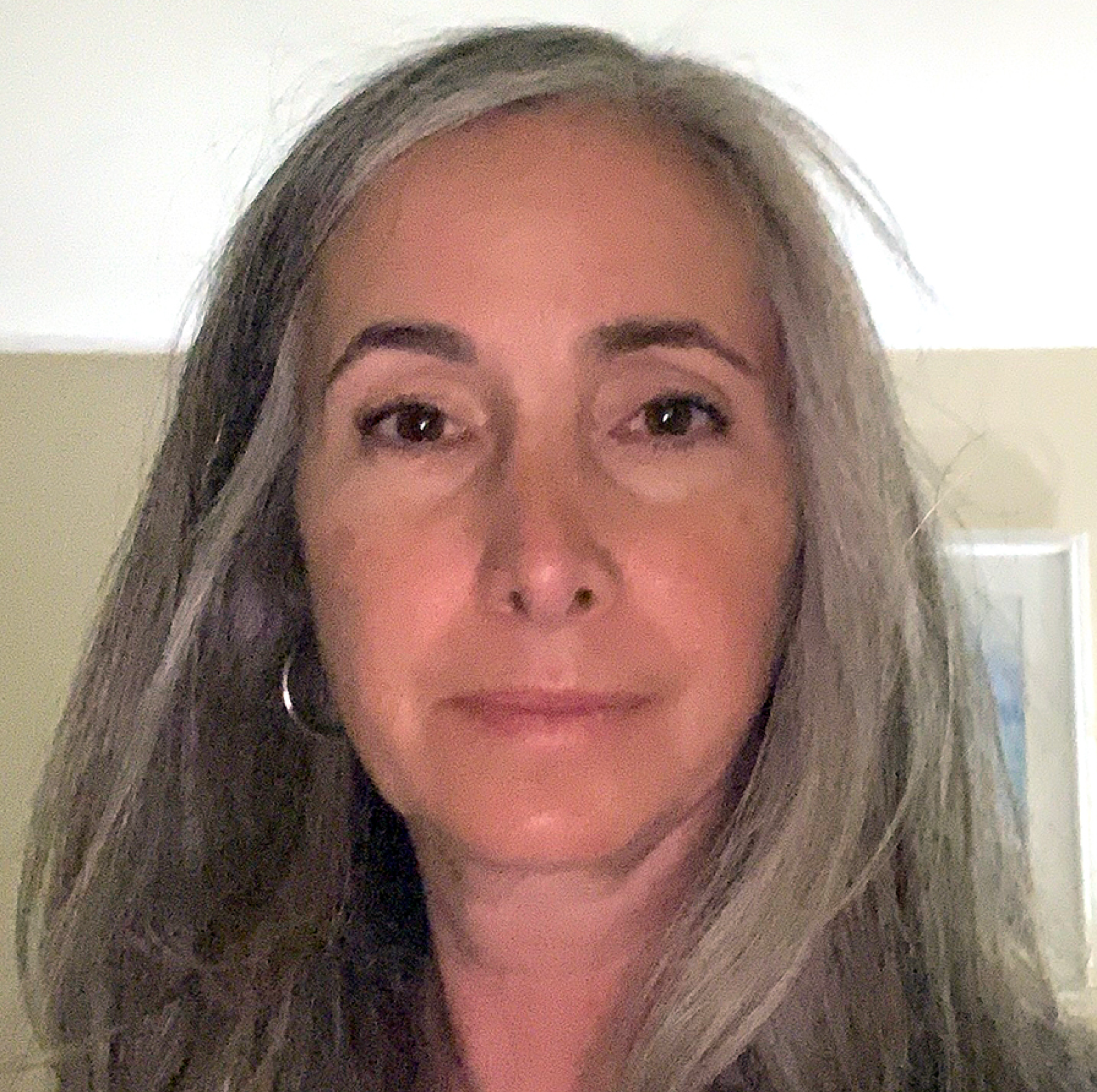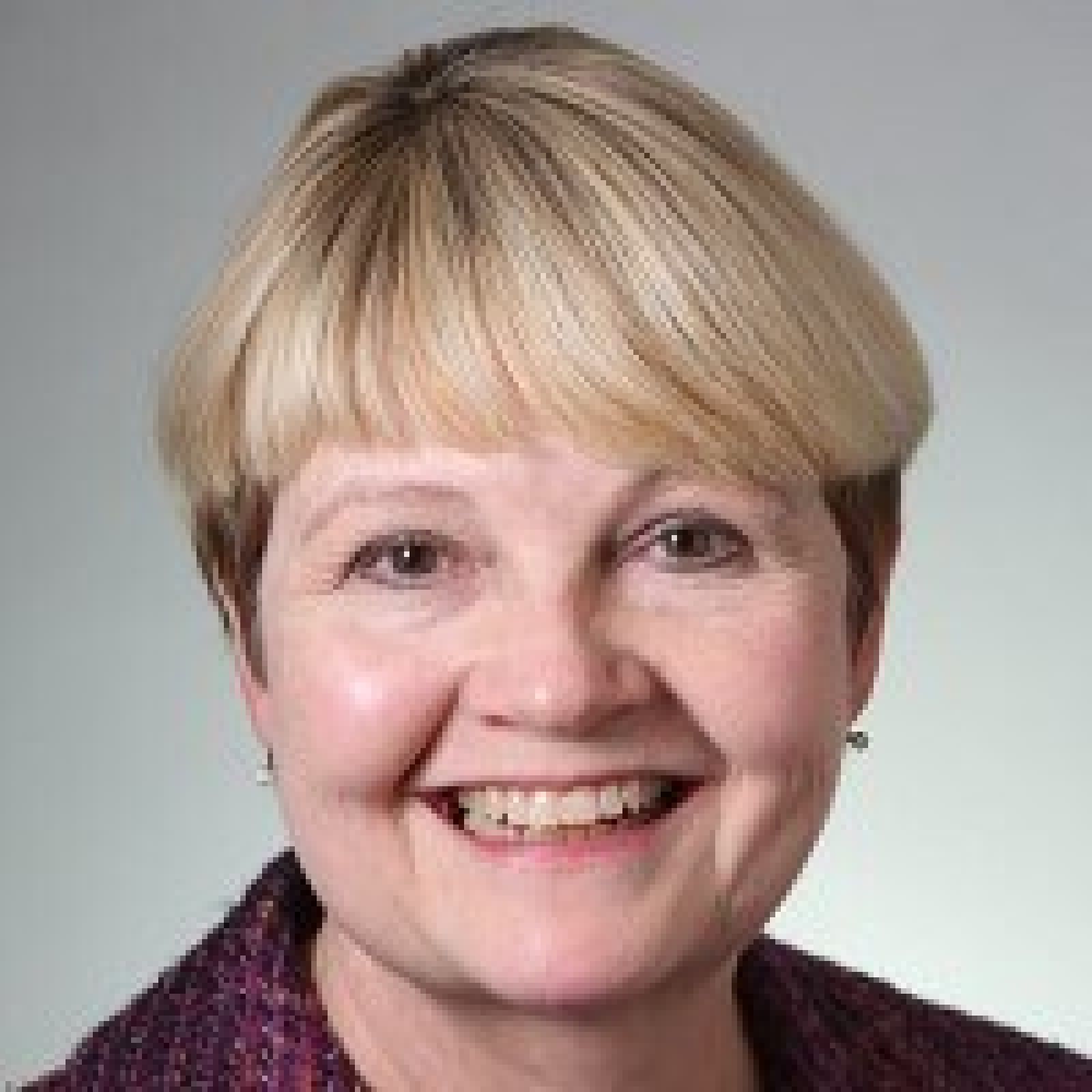"Believe in where you work" helps build community at Cambridge Health Alliance

Kristin
Harris, M.B.A.
Manager of Culture and Engagement
Cambridge
Health Alliance

Joy
Curtis, M.B.A.
Chief
Human Resource Officer
Cambridge
Health Alliance
What is your organization doing to improve employees’ experiences, address burnout and grow the workforce?
Joy Curtis: We are working on a number of workforce initiatives at Cambridge Health Alliance (CHA), learning from our employees what we can do better to support them and what they need to fulfill their mission in the community. Some of those efforts predate the pandemic. Much of the planning for this work is based on feedback we get from our employees through surveys designed to measure workforce engagement and culture of safety. We ask all employees and clinicians to complete an extensive survey — what our partner Press Ganey calls a census survey — every other year and shorter “pulse” surveys quarterly.
Kristin Harris: In October 2021, we did a census survey on engagement and culture of safety — the first big survey we’d done since the beginning of the pandemic. We made a commitment to our employees that if they took the time to do the survey, we would work to advance their experience here at CHA based on what they told us. We determined that there were four key drivers for engagement and experience at CHA: improving patient safety, providing high quality care and service, recommending CHA as a good place to work and/or practice, and (for employees) feeling respected at work and (for providers) feeling satisfied with the performance of senior leadership.
In the areas where employees feel most respected at CHA, they report feeling that leaders listen and respond to them. So we created a program to help advance that experience.
At the present time, we decided to focus on the statement, “CHA treats employees and providers with respect.” Reviewing the survey data, we could see the impact of leadership. In the areas where employees feel most respected at CHA, they report feeling that leaders listen and respond to them. So we created a program to help advance that experience. We want to enhance our leaders’ skills through a series of leadership development sessions focused on active listening, closed-loop communication, psychological safety and appreciative inquiry. We will also help leaders be more visible and supportive to our employees through a program of leadership rounding.
Joy Curtis: In the 2021 census survey that Kristin mentioned, we learned about things we wanted to address. As a result, we now have an Engagement and Culture of Safety Oversight Committee that includes participation at the executive level of the organization: our Chief Officers of Nursing, Medicine, Quality, Strategy, Human Resources, and Diversity, Equity and Inclusion, as well as people from quality and safety, our physician organization, the Department of Human Resources, and Organizational Development.
Kristin Harris: We also have a Managers Engagement Advisory Committee (MEAC) that represents frontline managers. When we were putting together the program for leadership development I mentioned earlier, we shared our early plans with the MEAC. We were able to fine-tune and improve the program based on their feedback and advice, and we convened a focus group of employees based on their input.
Joy Curtis: Staffing continues to be a challenge. We’ve turned to travelers when necessary, but now we're looking at unique ways to recruit and focusing on what we call our employee value proposition: Believe in where you work. If you ask anyone at CHA, from environmental services on up, why they work here, they’ll say it’s the mission and the patients. As a safety-net organization, our mission is clear and strong. It draws people in and helps them self-select to work here.
Because CHA has a robust Community Health Improvement team conducting outreach to underserved populations and we also operate the public health department for the city of Cambridge, we employ many health workers who are out in the community every day. We are starting to arm them with information about job openings and to train them to help recruit co-workers. We also put employment information in our latest patient newsletter. The day we sent it out, we got the highest number of hits ever on our career website.
This fall, as we continue to address workforce engagement and staffing, CHA will also begin to work on becoming a high reliability organization. I will be partnering closely with Dr. Maren Batalden, our Chief Quality Officer, on that effort, which I think says a lot about the organization's recognition that the “people” part of the high reliability journey is crucial.
Kristin Harris: I agree! As we work to improve the safety of our processes and workflows, CHA knows it’s important to make sure our staff are safe, too. To become a high reliability organization, our employees need to be ready and able to change, and we will be providing support for them to be able to do so.